You’ve no doubt probably already seen the news about the Sussmann verdict…
Not guilty:
It's disappointing and I'm not going to sugarcoat it: this stings!
This was a layup of a case and Durham absolutely nailed it to the wall...he proved his case many times over.
So...what happened?
And is there any good to see in the midst of this?
Yes there is and let's dig in a bit below the surface level.
Let's start with this: even though Sussmann skated on a (corrupt?) jury, the facts did not change, and it's now on record exactly how corrupt Hillary Clinton was.
Would you trade a conviction on Sussmann for establishing a rock solid case against Hillary?
Read this:
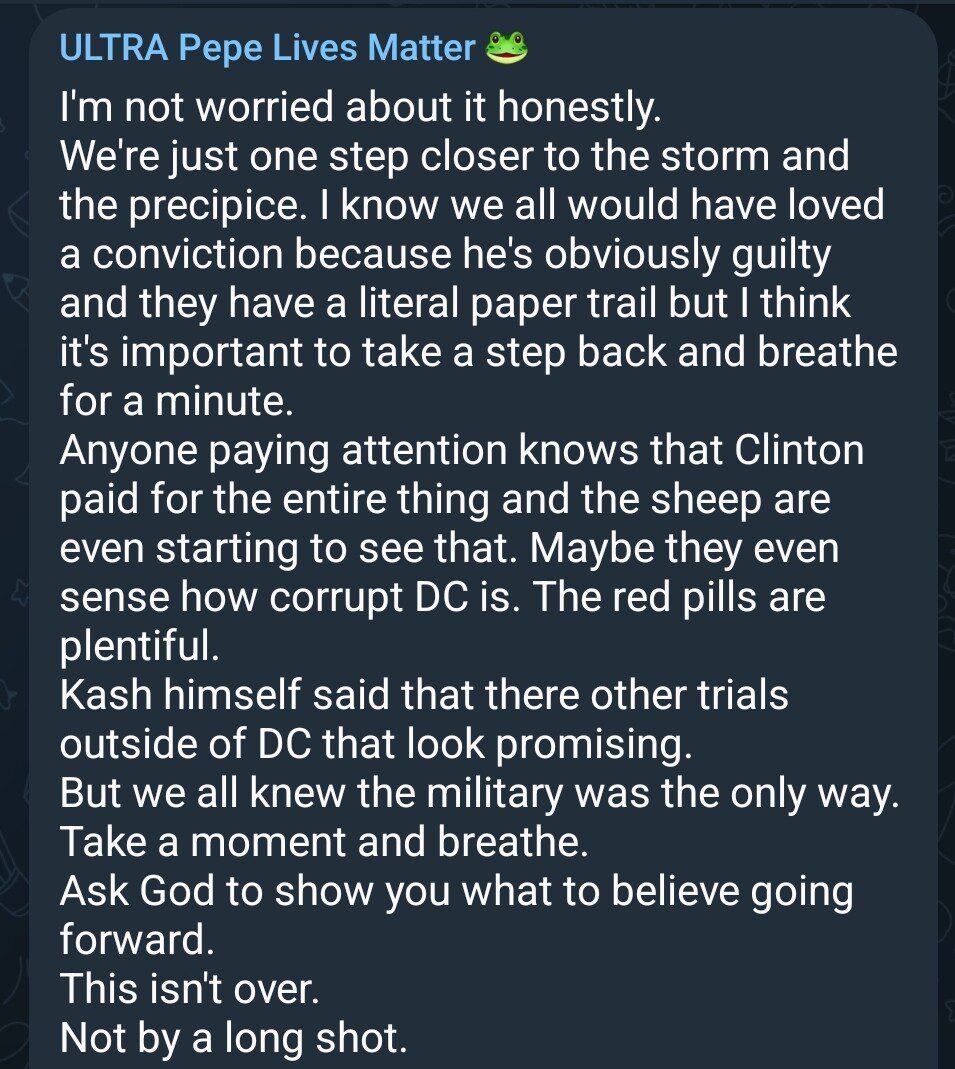
Also, the charge against Sussmann was relatively speaking so small it would have been minimal jail time anyway...
He was NEVER the biggest fish to fry...
It was way more important to establish many things on record, all of which was accomplished:
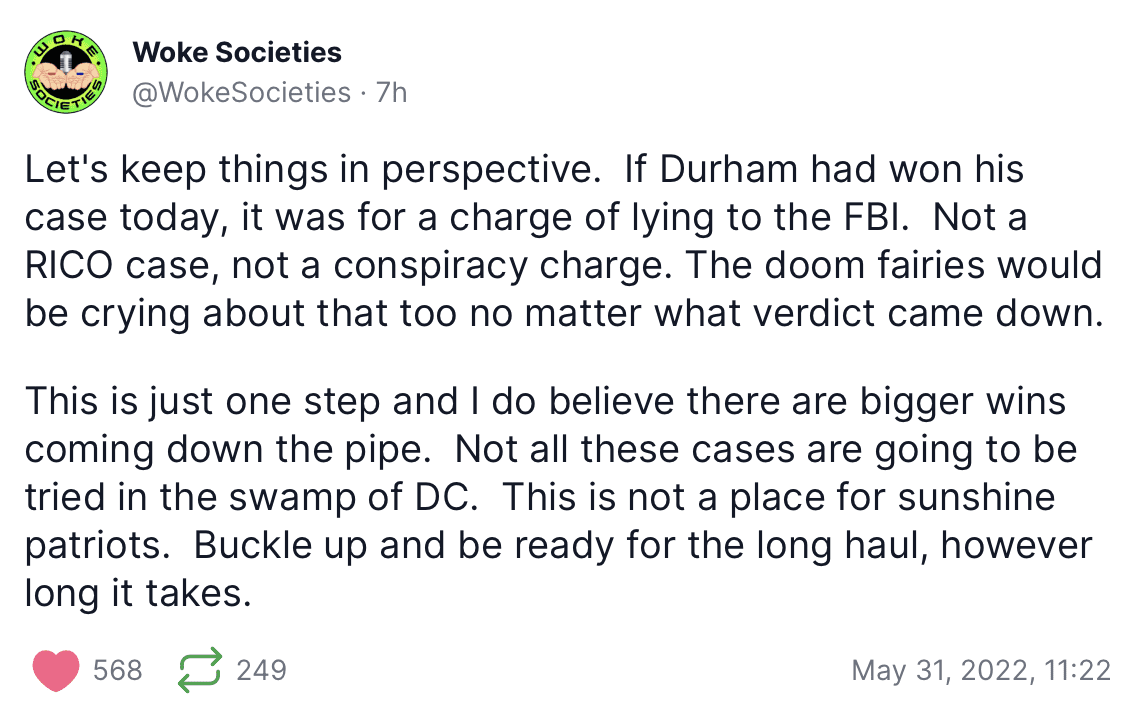
And if you don't believe me, believe Durham himself.
Here was a rare smile from the man earlier today after the verdict:
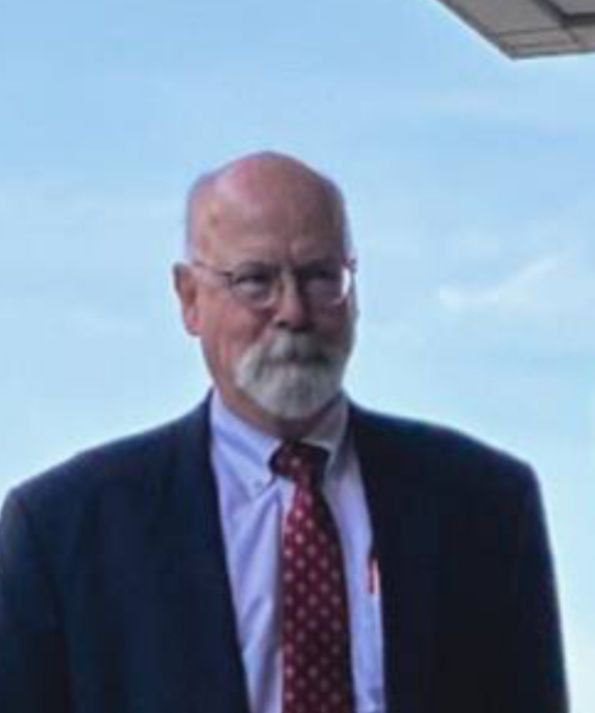
Almost as if he's not worried at all, huh?
I mean, look at that face again!
Does this look like a guy who just lost or who is not in control?
I actually wonder if they ran a sting operation to trap the people who bribed or threatened the jury members....
Can you imagine if that comes out and they have it all documented?
What kind of face would you make if that just happened?
Probably one a lot like this...☝️
Another great reminder next that Durham has never been worried about the short term.
He plays the LONG game and he's not quitting now:
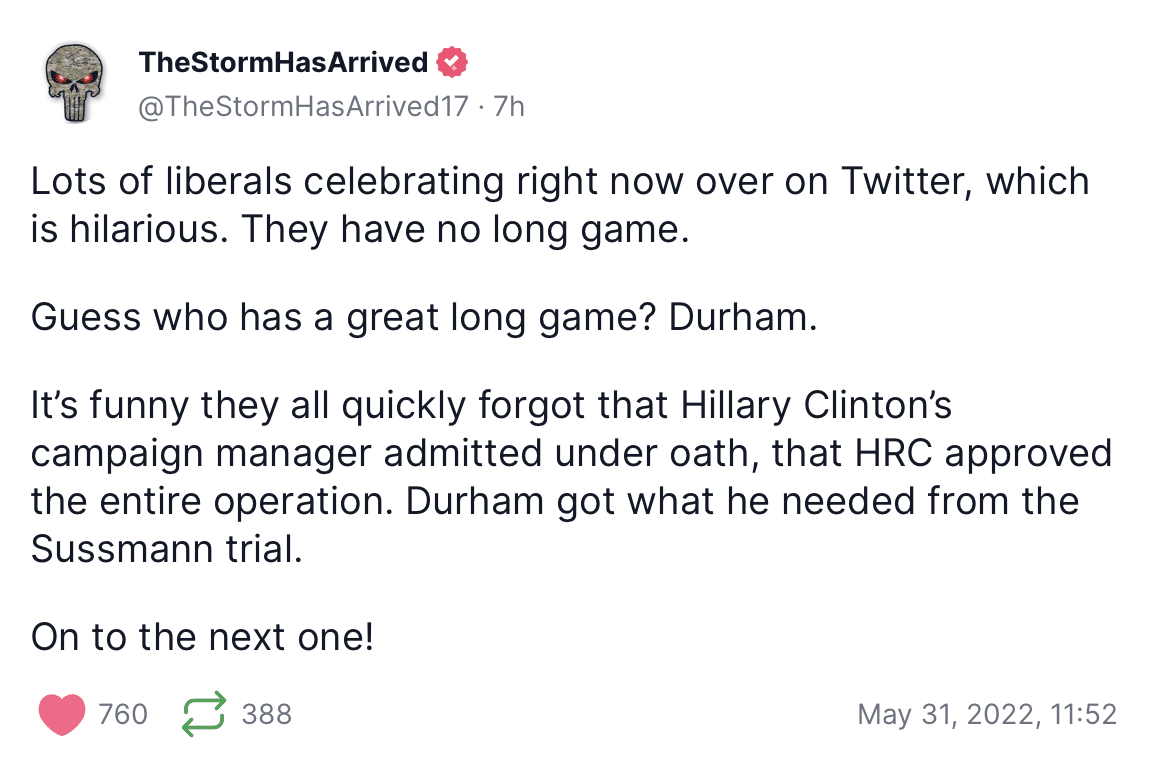
More here:
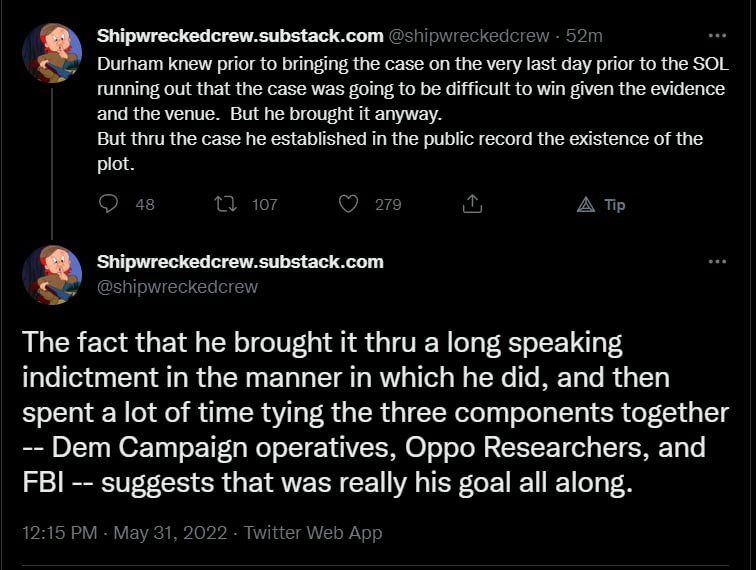
And my friend Qtah also brings solid insight:
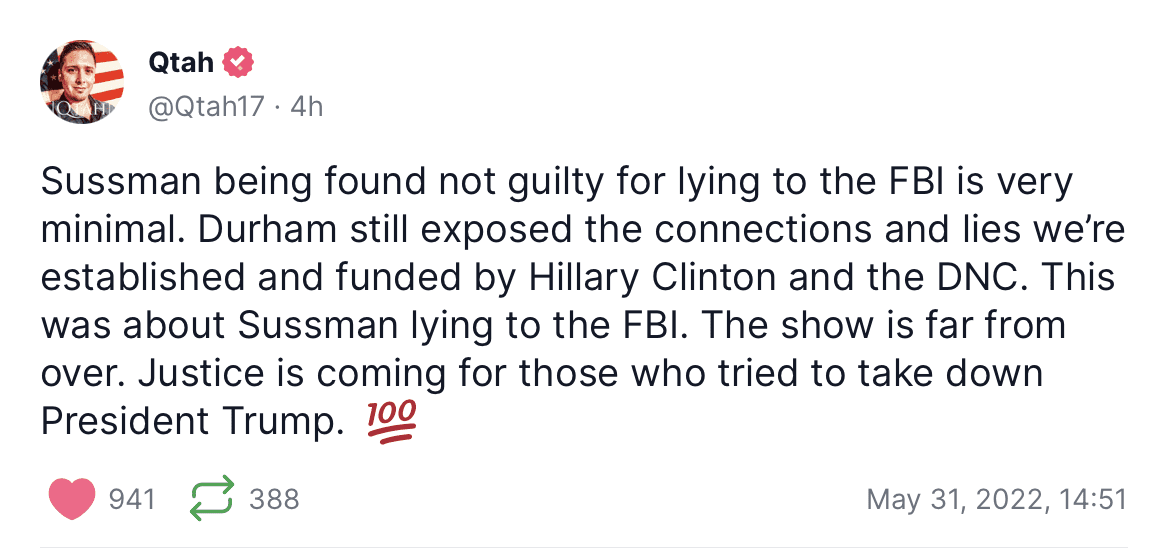
Next up, I want to share with you a portion of an article from The Federalist, which was written BEFORE the verdict came out and which I think is brilliant:
The jury in the Michael Sussmann criminal case resumes deliberations today after the long Memorial Day weekend. While prosecutors presented overwhelming evidence over the last two weeks that Sussmann lied to then-FBI General Counsel James Baker in 2016, an acquittal by the D.C. jury still seems likely.
Judging the success of Special Counsel John Durham’s probe into the investigation of President Trump and those associated with the Trump campaign and administration should not rest on the outcome of the Sussmann prosecution, however. In fact, even if the special counsel’s office scores a conviction in its false statement case against Sussmann, that would do little to right the scales of justice unbalanced by more than five years of the politically motivated abuse of power that began as Crossfire Hurricane and continued even after Special Counsel Robert Mueller issued his final report.
So, measuring Durham’s performance by the outcome in United States v. Sussmann would be a mistake. Also, especially in the case of an acquittal, it would ignore the valuable information exposed related to the broader Spygate scandal. Using that gauge as a measure, the special counsel’s office succeeded wildly.
Durham Proved the Collusion Hoax Was a Hillary Clinton Enterprise
On September 19, 2016, Sussmann provided Baker data and whitepapers purporting to show a secret communications network between the Russia-based Alfa Bank and Donald Trump. In indicting Sussmann for allegedly lying to Baker during this meeting, the special counsel’s office revealed in its 27-page speaking indictment “a scandal much deeper than merely Sussmann’s role in a second Russian hoax — a scandal that entangles the Clinton campaign, multiple internet companies, two federally-funded university researchers, and a complicit media.”
Since then, proof that the Clinton campaign held near-total responsibility for launching the Russia-collusion hoax mounted with nearly every legal filing. It eventually culminated during the Sussmann trial when former Clinton campaign manager Robby Mook testified that Hillary Clinton personally “agreed with the decision” to feed the unverified—and quickly debunked—theory that Trump was communicating secretly with Russia through a back-door Alfa Bank channel.
Other trial evidence confirmed the Clinton campaign paid the law firm Perkins and Coie a flat fee of as much as $130,000 per month during the campaign, and authorized lead counsel Marc Elias to hire Fusion GPS for opposition research. Billing records then showed Sussmann charged his time for working the Alfa Bank hoax—including the time he spent meeting with the FBI’s General Counsel Baker—to the Clinton campaign. In fact, late last week, the jury in the Sussmann case learned that Sussmann even charged the Clinton campaign for two thumb drives purchased at Staples used for the Alfa Bank project.
While the Sussmann case focused on the Alfa Bank hoax, the detailed evidence presented over the course of that prosecution also confirmed the Clinton campaign paid for Fusion GPS to compile the Christopher Steele dossier. Given Mook’s testimony that he sought Clinton’s approval to push the Alfa Bank claims to the media, it is only reasonable to infer she likewise personally green-lighted the peddling of the claims contained in the Steele dossier.
But even if Clinton did not personally approve of peddling the lies contained in the Steele dossier, the Sussmann case established that her campaign paid for the lies—including those emanating from the Russian-national Igor Danchenko. And Special Counsel Durham’s indictment against Danchenko reveals that individuals hired by the Clinton campaign fed that Russian disinformation to U.S. media, law enforcement, and intelligence agencies.
A Court Ruling Requiring More Disclosures
Beyond exposing the Clinton campaign’s responsibility for the Russia-collusion hoax, Durham’s prosecution of Sussmann sets the stage for potentially even more damaging revelations about Clinton’s personal involvement in the scandal.
To date, the Clinton campaign has hidden behind claims of attorney-client privilege to prevent Durham from obtaining documents, communications, and testimony through the grand jury. The Clinton campaign claimed material prepared by, or communications between, Perkins and Coie attorneys, Fusion GPS employees, investigators, and other third parties are protected by attorney-client privilege. Prosecutors in the Sussmann case, however, succeeded in obtaining a court ruling that several documents withheld by Fusion GPS, based on the Clinton campaign’s claims of privilege, are not protected and must be given to prosecutors.
While Fusion GPS continues to withhold thousands of documents, this precedent provides the special counsel’s office solid grounds to challenge the privilege in both the Danchenko case and in other grand jury probes that may be pending. Piercing the privilege will prove key to further exposing Clinton’s personal involvement in Spygate.
Killing the Alfa Bank Hoax For Good
No matter the verdict the jury returns in the Sussmann case, the special counsel’s prosecution also revealed that the Alfa Bank stories were hoaxes—and the scandalous way they were crafted and seeded to America.
Voters first learned of the supposed connection between Trump and the Russian-based Alfa Bank about one week before the 2016 U.S. presidential election, when Slate reported that trusted cyber experts had discovered an “irregular pattern of server lookups” that suggested “a sustained relationship between a server registered to the Trump Organization and two servers registered to an entity called Alfa Bank.”
While the Slate article hedged somewhat by admitting “what the scientists amassed wasn’t a smoking gun,” and that the data “doesn’t absolutely preclude alternative explanations,” the headline, “Group of Computer Scientists Believes a Trump Server Was Communicating With a Russian Bank,” captured the essence of the article—and what its author Franklin Foer, Fusion GPS, and the Clinton campaign wanted Americans to believe.
The Alfa Bank hoax did not end there, however, or even after Trump’s election. Sussmann continued to push the theory to the CIA in February 2017, following Trump’s inauguration. Soon thereafter, Daniel Jones, a former staffer for the U.S. Senate Committee on Intelligence, Ranking Member Sen. Dianne Feinstein, D-California, and the president and CEO of The Democracy Integrity Project (TDIP) continued the Alfa Bank witch-hunt.
According to a complaint filed with the Senate’s Ethics Committee, staff and members of the Senate Armed Services Committee, including T. Kirk McConnell, “requested and accepted” professional services from Jones and TDIP. Specifically, the complaint alleged that the Armed Services Committee, “via senior leadership staff acting in their official capacity, asked Mr. Jones to research and offer his insights into the alleged connections between Alfa Bank and Trump Organization servers,” and to “evaluate information it had received about DNS look-ups between Alfa Bank servers and Trump Organization servers.”
Jones, the TDIP, and the Senate Armed Services Committee continued the Alfa Bank investigation long after the FBI had concluded in early February 2017 that there “were no such links” between the Trump organization and Alfa Bank. The media also persisted in pushing the supposed Russia collusion scandal.
Hang in there my friends!
Much was accomplished here and much more is still to come...

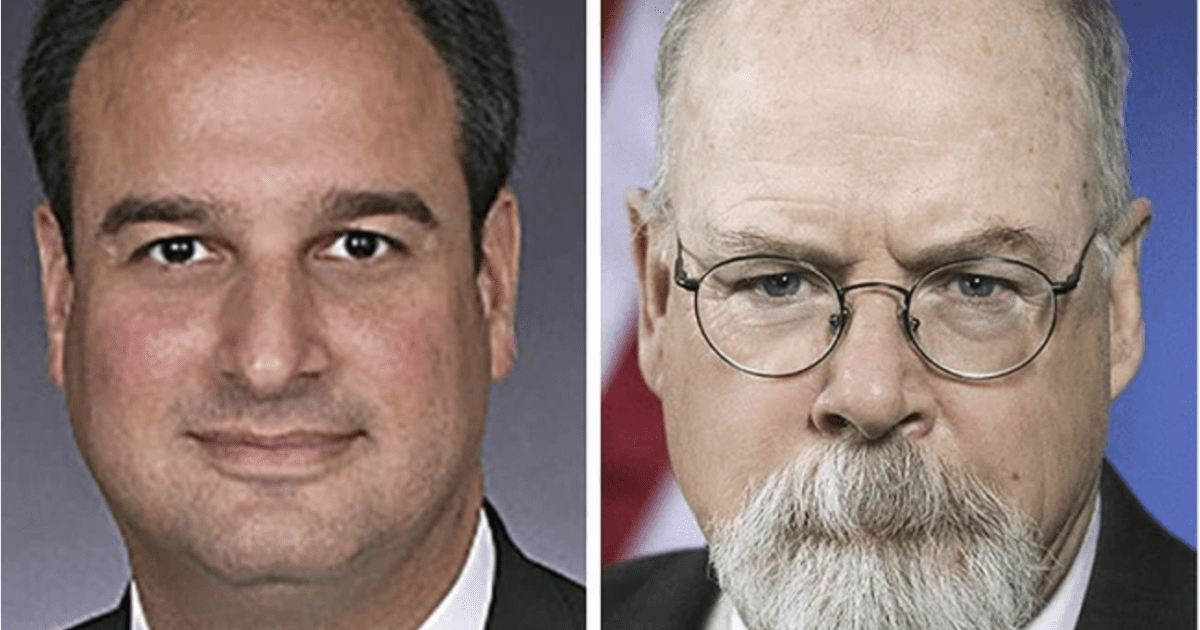

Join the conversation!
Please share your thoughts about this article below. We value your opinions, and would love to see you add to the discussion!